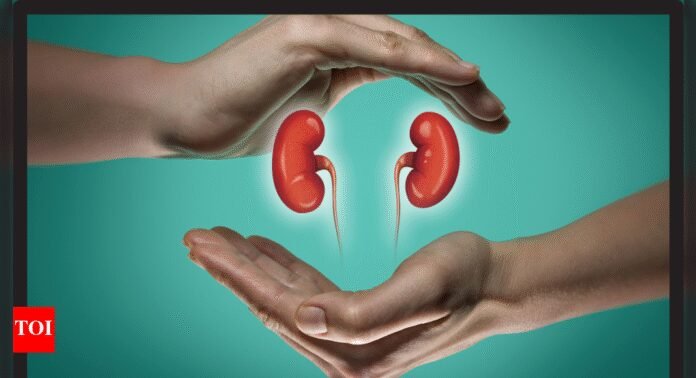5 Silent Signs of Kidney Stress and How to Address Them
We often forget about our kidneys. While we take care of our skin and hair, we ignore our internal organs. Kidney health is crucial, but these vital organs can silently suffer. Signs like fatigue, swelling, or small changes in urine can be easily missed. However, these subtle signs could be your body’s early warning system.
Here’s what you should watch for:
Changes in Urination

One of the first signs of kidney stress is changes in urination. Look out for:
- Going to the bathroom more often, especially at night
- Less urine than usual
- Foamy or cloudy urine, which might mean protein is leaking
- Dark or bloody urine
These changes show the kidneys are struggling to filter waste. Don’t ignore these signs, especially if they come with other symptoms like fatigue or swelling.
Metallic Taste or Bad Breath
Kidney stress can cause a metallic taste in your mouth or breath that smells like ammonia. This happens because waste builds up in your blood, affecting your taste and smell. This symptom, called uremic fetor, can make you lose your appetite. It’s a sign that your kidneys aren’t removing toxins well and you should see a doctor.
Nausea and Loss of Appetite
When kidneys can’t remove waste well, toxins build up in the blood. This can cause:
- Nausea
- Vomiting
- A metallic taste in your mouth
You might also lose your appetite, leading to weight loss and nutritional deficiencies. These symptoms start mild but get worse as kidney function declines.
Skin Problems: Itching and Dryness

Dry, flaky, or itchy skin might be more than just a skin issue; it could signal kidney stress. Kidneys help balance minerals and nutrients in your blood. When they struggle, toxins build up and irritate your skin. High phosphorus levels can cause intense itching. If you have persistent skin problems, especially with other kidney stress signs, see a doctor.
Shortness of Breath

Stressed kidneys can’t balance fluids well, leading to fluid buildup in the lungs. This makes breathing hard. Also, anemia from low red blood cell production limits oxygen to tissues, causing shortness of breath. You might feel this during everyday activities like walking or climbing stairs. If you often feel short of breath, it could be a sign of kidney issues.



